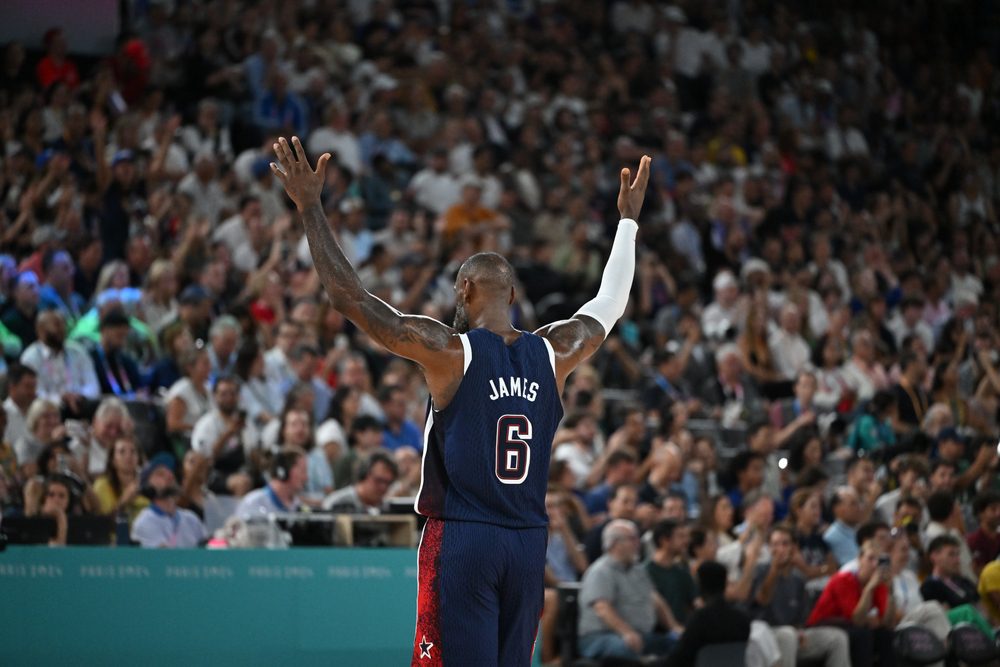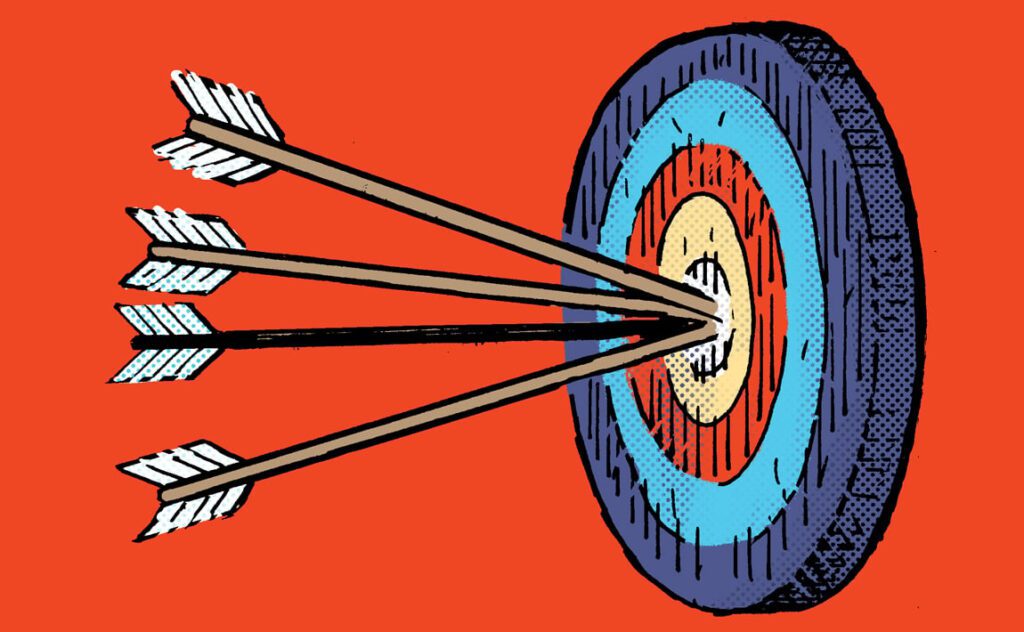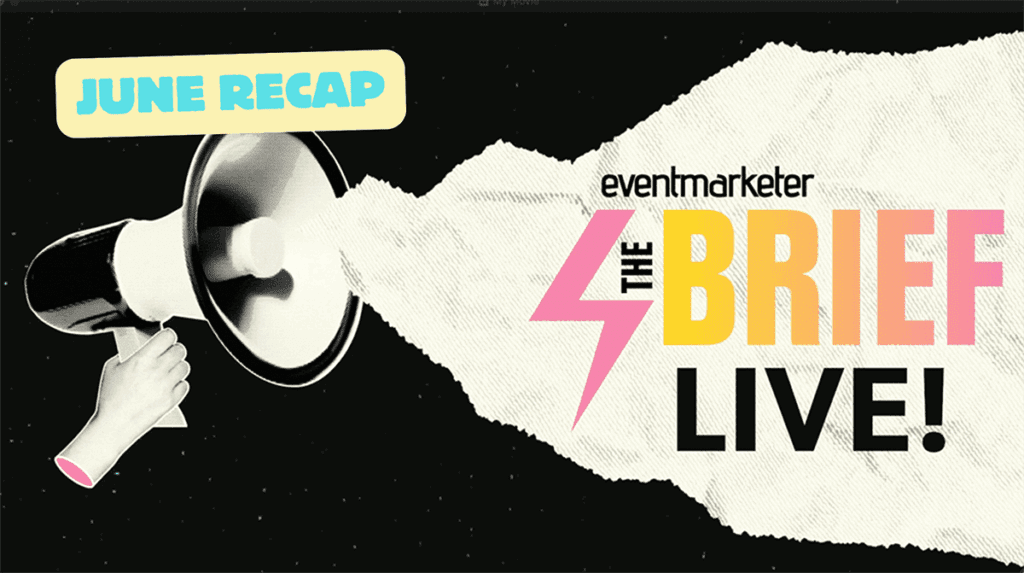Mrs. Butterworth was hurting when Ed Yuhas met her. Aurora Foods hired him in 1997 to revive Mrs. B and its other “new” syrup brand, Log Cabin, bought from Kraft. Both had lost their sap as the category became resolutely generic-looking.
Yuhas, 37, couldn’t have that. This year he had shoppers helping to renovate decayed cabins in national parks and bottle-shaped balloons dropping in on local supermarket outlets to bolster his brands.
Unearthing the personalities of two brands in the same stagnant category and driving their sales was just part of the challenge facing Yuhas, hired away from Nestle by Aurora exec vp Gary Willett. Ten years earlier, Willett had brought on Yuhas as an assistant product manager at Borden.
Columbus, OH-based Aurora is in the business of rescuing what it calls “orphan brands” – solid trademarks that have suffered from lack of marketing dollars, and that may need some product improvement. The three-year-old company bought Duncan Hines from Procter & Gamble last year, then merged with Van de Kamp’s $1 billion business and added underachieving brands like Celeste Pizza and Mrs. Paul’s. Aurora takes outsourcing to the outer limits, operating as a virtual company – it outsources even manufacturing – to whisk new package designs and ingredients more quickly to market.
As director of consumer marketing for Aurora’s breakfast division, Yuhas was a seasoned marketer who could use promotions to begin rehabilitating tired brands. For two years, syrup had been on a joyride as Kellogg’s Eggo waffles brand and Van De Camp’s Aunt Jemima frozen pancakes ramped up ads and new products. The pancake and waffle category had 6 percent growth in 1996 and 1997, lifting syrups. But by 1998, sales in the frozen segment had flattened like, well, a pancake, taking syrups with them. What’s more, consumers had lost a sense of the brands’ identities.
Yuhas pegged Mrs. B as the kid-friendly brand and made Log Cabin’s theme nostalgic, be1/2tting a 110-year-old brand named for its founder’s childhood hero, Abe Lincoln.
He started with line extensions, helping launch Log Cabin Sugar Free, the only national syrup brand safe for people with diabetes. The sub-category grew 20 percent. To extend Mrs. Butterworth’s, he led development of the first product targeted specifically to children, who consume 60 percent of syrups. Mrs. Butterworth’s for children in strawberry and buttery cinnamon flavors shipped last month. Child-friendly bottles sport a drip-free cap with a silicone valve that opens as the bottle is squeezed.
Full page FSIs featured a child holding the bottle over a pancake with the tag “Squeeze Play,” playing to parents who, Yuhas says, should like the idea that children can sugar their own breakfasts without making a mess. Five national coupon drops of 40 million each offered up to $1.00 off 24-ounce bottles that retail for $3.79.
But coupons weren’t the only things dropping from the sky. Mrs. B posed as a hot-air balloon for a 20-market tour, setting down at 50 retail sites. Then Yuhas added a self-liquidator for a pancake mold in Mrs. B’s unmistakable shape. Under Kraft, Log Cabin sales dropped to $88 million in ’97 from $100 million in ’94. To stem that, Yuhas tapped the National Park Service, donating $250,000 a year for four years to restore park cabins. FSIs, in-store marketing, and label ads invited shoppers to contribute to the parks, and a sweepstakes offered a family a trip to the Grand Canyon.
“Cabins are the most prevalent structure in our national parks, yet there is not enough money for park upkeep. The idea was simple,” says Yuhas. A self-liquidating offer of a log cabin ornament donates a percentage of proceeds to the parks. A packaging redesign may have added five to 10 years to the brand’s life. Yuhas tapped QLM, Princeton, NJ, after admiring its equity-building promotions for Borden. He consolidated advertising at Kraft’s Log Cabin shop Ogilvy & Mather, Chicago.
Log Cabin supermarket sales rose 4.2 percent to $89.2 million for 52 weeks ended Oct. 11, with the category flat at $452 million, per Information Resources Inc., Chicago. New distribution in mass, club and c-stores boosted Log Cabin shipments 17.6 percent for the year ended Oct. 31, Yuhas says. Mrs. B’s sales dropped 4 percent for the year to $66 million, per IRI, but that figure does not count sales of the new kids flavors.
“It’s a marketer’s dream to work where senior management subscribes to the theory of brand-building,” says Yuhas.
By the same token, it’s Aurora’s dream to have a guardian who takes his orphan brands so seriously.
 Network
Network

